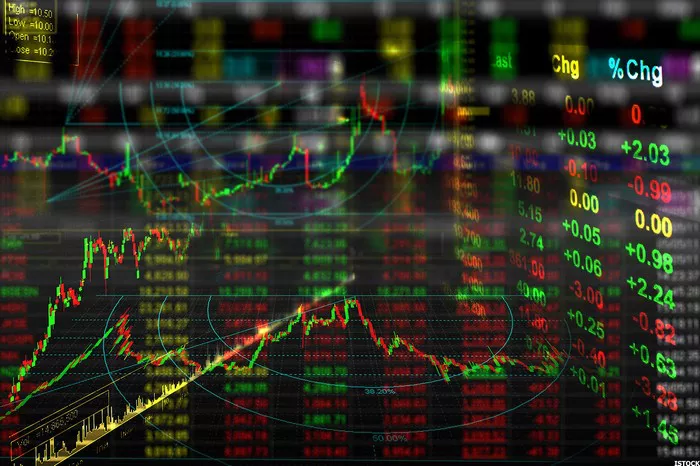In the realm of financial markets, a myriad of instruments enable investors to navigate the dynamics of stocks, commodities, and indices. Among these tools, index futures stand as a significant derivative that provides insights into the anticipated performance of specific market indices.
Understanding Index Futures
Index futures are financial contracts that derive their value from a specific stock market index. These indices represent the collective performance of a basket of stocks from various companies across industries. Index futures allow investors to speculate on the future value of an index without owning the underlying stocks. These contracts enable investors to take both long (buy) and short (sell) positions on the anticipated movement of the index.
Mechanics of Index Futures
The mechanics of index futures involve an agreement to buy or sell a specific value of an index at a predetermined future date. The value of the futures contract is based on the current level of the underlying index. Investors can choose to go long if they anticipate an increase in the index’s value, or go short if they predict a decline. Index futures are traded on organized exchanges and are standardized in terms of contract size, expiration dates, and other specifications.
Significance of Index Futures
Index futures play a pivotal role in the financial markets for various reasons:
Market Sentiment: Index futures offer insights into investor sentiment regarding the overall market trend. When index futures are trading higher, it indicates optimism and positive sentiment. Conversely, lower index futures imply caution or pessimism.
Hedging and Risk Management: Investors and institutions use index futures to hedge against potential losses in their investment portfolios. By taking offsetting positions in futures contracts, they can mitigate risks associated with adverse market movements.
Portfolio Diversification: Index futures provide an avenue for diversification without the need to own individual stocks. Investors can gain exposure to the broader market by trading index futures contracts.
Liquidity and Efficiency: Index futures markets are often highly liquid, allowing for efficient execution of trades. This liquidity ensures that investors can enter or exit positions without significant price distortions.
Speculation: Traders and speculators use index futures to profit from anticipated market movements. By correctly predicting index trends, they can generate returns without directly owning the underlying stocks.
Applications of Index Futures
Index futures serve various purposes and cater to a wide range of market participants:
Institutional Investors: Institutional investors, such as mutual funds and pension funds, use index futures for portfolio management and risk reduction. They can adjust their exposure to specific indices without impacting the performance of their entire portfolio.
Individual Traders: Retail investors and traders use index futures to speculate on market movements. They can capitalize on short-term price fluctuations and execute trading strategies without the need for a large capital outlay.
Arbitrage: Professional traders engage in arbitrage by exploiting price differences between the futures market and the underlying cash market. This helps maintain equilibrium between the two markets and minimizes price discrepancies.
Investment Strategies: Index futures are integral to various investment strategies, including portfolio rebalancing, tactical asset allocation, and sector rotation. Investors can align their portfolios with changing market conditions using these derivatives.
Factors Influencing Index Futures
Several factors influence the movement of index futures:
Economic Indicators: Economic data releases such as GDP growth, employment reports, and inflation figures impact investor sentiment and, consequently, index futures. Positive economic data can lead to higher futures prices.
Corporate Earnings: Earnings reports from companies within the index can sway market sentiment and influence index futures. Strong earnings can drive optimism, while disappointing results can lead to downward pressure on futures prices.
Monetary Policy: Central bank decisions on interest rates and monetary policy have a direct impact on market sentiment and can lead to fluctuations in index futures.
Geopolitical Events: Political stability, trade tensions, and international events can create uncertainty and affect market sentiment, leading to movements in index futures.
Conclusion
Index futures serve as a window into the intricacies of the stock market, offering investors valuable insights into anticipated trends and facilitating various investment strategies. Their significance spans across risk management, speculation, portfolio diversification, and market sentiment analysis. By understanding the mechanics and applications of index futures, investors can make informed decisions, capitalize on market opportunities, and navigate the dynamic landscape of the stock market with confidence. In an era of interconnected global financial markets, index futures play a critical role in shaping investment strategies and providing a nuanced perspective on the collective sentiment of investors worldwide.

